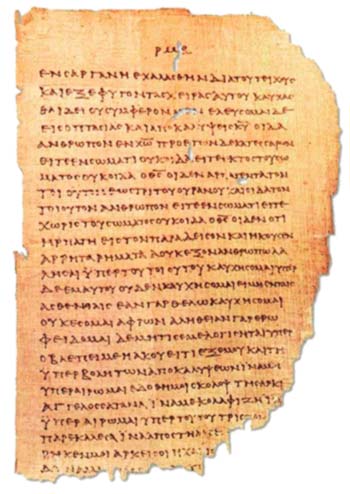Subtotal: $
Checkout-

The Sacrament of the Last Supper
-

Readers Respond Summer 2016
-

Serving Children in Pyongyang
-

Blessing out of Pain
-

Life Together: Beyond Sunday Religion and Social Activism
-

Solidarity
-

Possessions
-

Differences
-

Let Yourself Be Eaten
-

Repentance
-

At Table
-

Poem: Rainfall
-

From Property to Community
-

Why Community Is Dangerous
-

Confessing to One Another
-

The Way: Two Millennia of Christian Community
-

Friars of Manhattan
-

American Hospitality: Jubilee Partners
-

Live Like You Give a Damn
-

The Luxury of Being Surprised
-

The Incident in Changu’s Pepper Patch
-

Two Poems
-

Editors’ Picks Issue 9
-

The Jesus Indians of Ohio
-

Three Open Wounds
-

Why I Love to Wear a Head Covering
-

Vincent van Gogh

Next Article:
Explore Other Articles:
Dear Reader,
“From each according to his ability, to each according to his need.” Since the collapse of Soviet-style communism, it’s been easy to dismiss this motto, made famous by Karl Marx in 1875, as a stale relic of failed socialism. Yet in 2016, in an astounding twist, the once-toxic term socialism is being rehabilitated by mainstream politicians in Europe and the United States. According to polls, a majority of American millennials say they prefer socialism to free-market capitalism.
How deep this current runs is open to question. True socialism is a demanding, even ascetic, creed, while today’s version is often long on vague empathy and short on self-sacrifice. Still, the widespread hunger for a world where people live in solidarity, sharing their resources and lives in dedication to the common good, should give Christians pause. After all, this was our idea first.
Immediately after Pentecost, the Book of Acts tells us, the first church in Jerusalem celebrated its newfound unity in the Holy Spirit by ... abolishing private property. “Now the whole group of those who believed were of one heart and soul, and no one claimed private ownership of any possessions, but everything they owned was held in common ... and it was distributed to each as any had need” (Acts 4:32–35). Even if historical criticism is right to view this account as idealized, the fact remains: for the apostolic community, a life of economic sharing was the first sign of the church. In this, Acts is simply echoing Jesus’ Sermon on the Mount, Paul’s appeals for koinonia, and before them, the Hebrew prophets’ calls for repentance and the Torah’s requirements for the Jubilee.
How faithfully has the church lived out this biblical vision? Not very, it’s tempting to reply. To that extent, G. K. Chesterton’s remark holds true that “the Christian ideal has not been tried and found wanting. It has been found difficult; and left untried.”
Yet that’s not the whole story. Two millennia of back-to-the-gospel movements, from monastics to radical Reformers, testify to a vibrant communal tradition. Recently, this impulse has reemerged under labels such as “slow church,” “new monasticism,” or “missional church.”
As a member of a community that has shared all things in common since 1920, I’m naturally enthusiastic about such stirrings. Still, great caution is in order. Stanley Hauerwas puts it well when he says, “Community is dangerous”: dangerous whenever it is no longer a fellowship gathered around Jesus. For examples, we need look no farther than political communism and fascism. We who live in an isolated age that craves togetherness are hardly exempt from similar temptations, in religion as in politics.
That is why in this issue we draw on the wisdom of men and women whose lives in community are centered passionately on Christ. For them, as for the first church in Jerusalem, community is not a new law but rather the fruit of overflowing love between brothers and sisters gripped by the Holy Spirit. Then, as Eberhard Arnold writes, “our whole life in all its aspects becomes a symbol of the future of humankind in the coming kingdom of God.” Isn’t this the gospel’s answer to our world’s horrors and its yearnings?
Warm greetings,
![]()
Peter Mommsen
Editor
 A page from Papyrus 46, one of the oldest surviving copies of the New Testament (ca. AD 200)
A page from Papyrus 46, one of the oldest surviving copies of the New Testament (ca. AD 200)
Already a subscriber? Sign in
Try 3 months of unlimited access. Start your FREE TRIAL today. Cancel anytime.





































